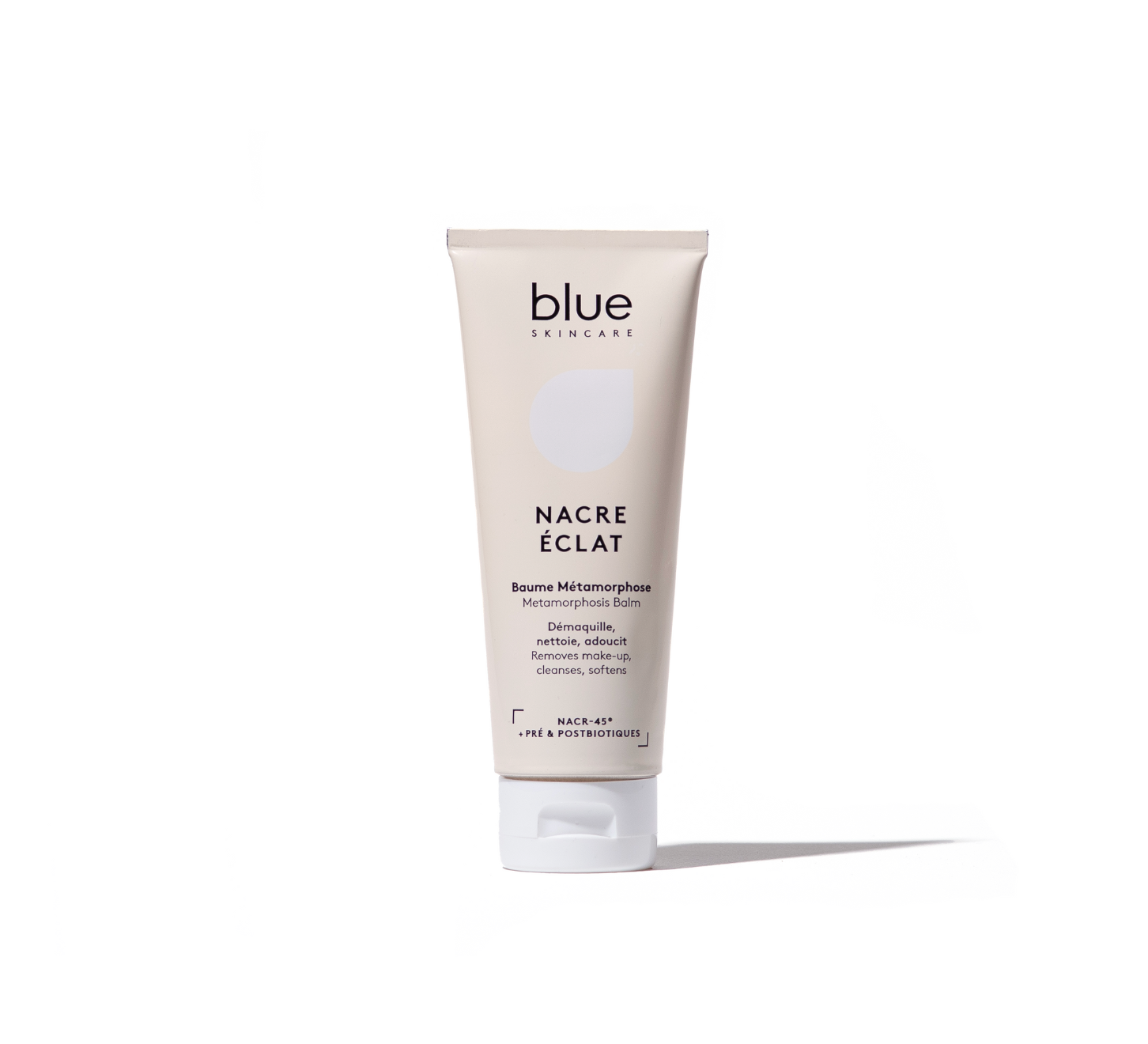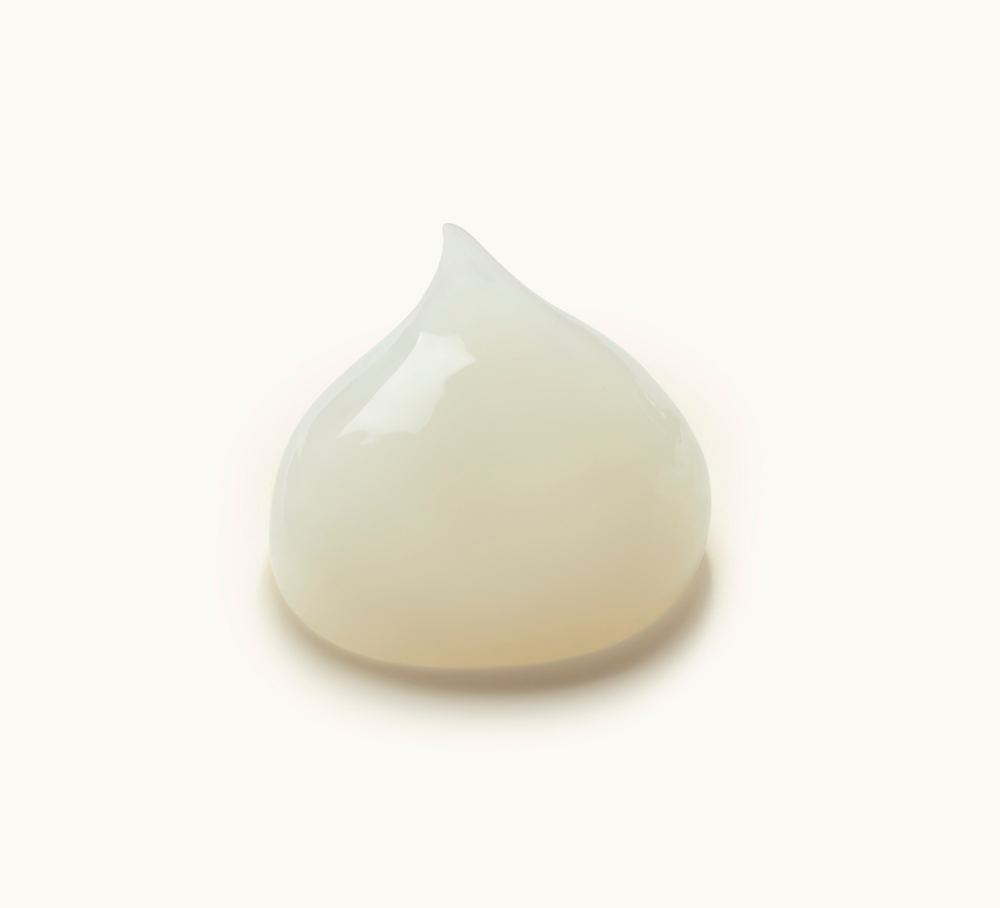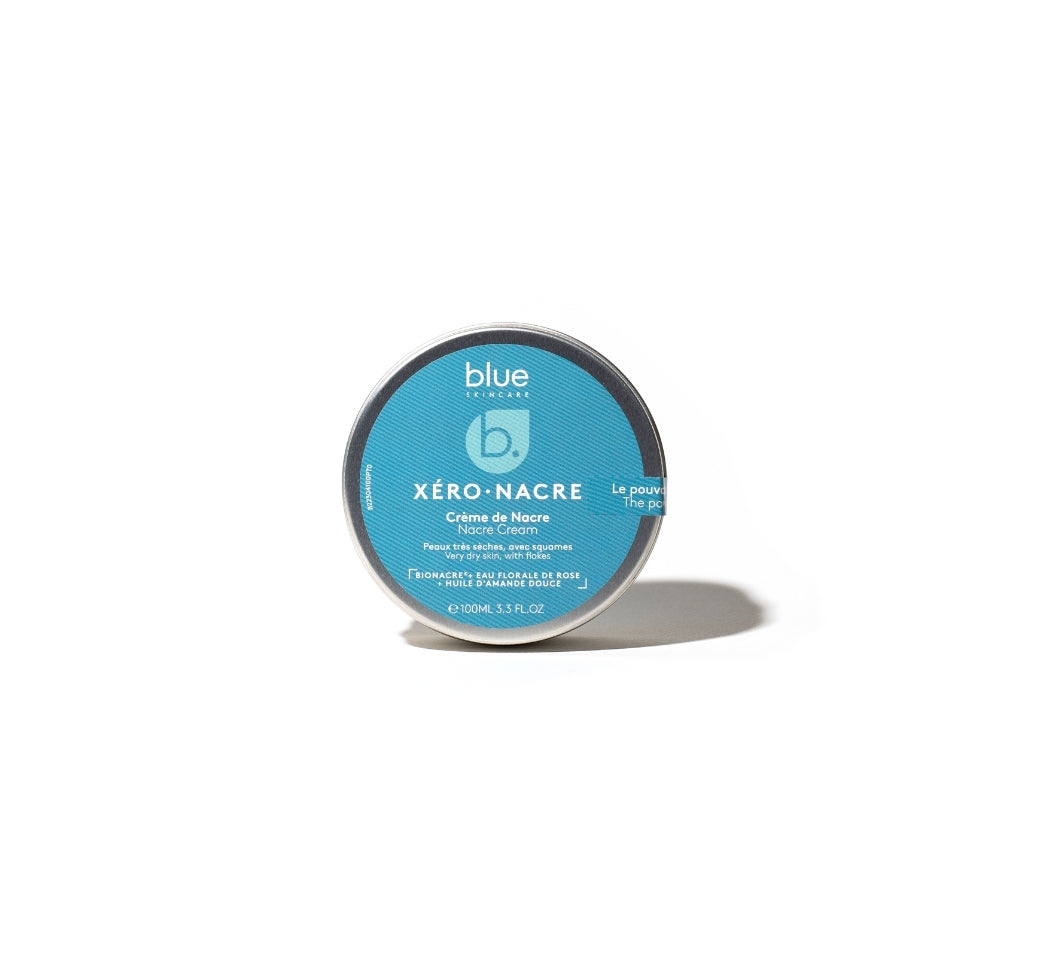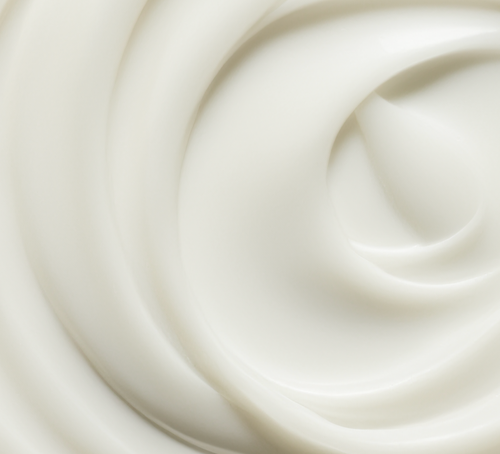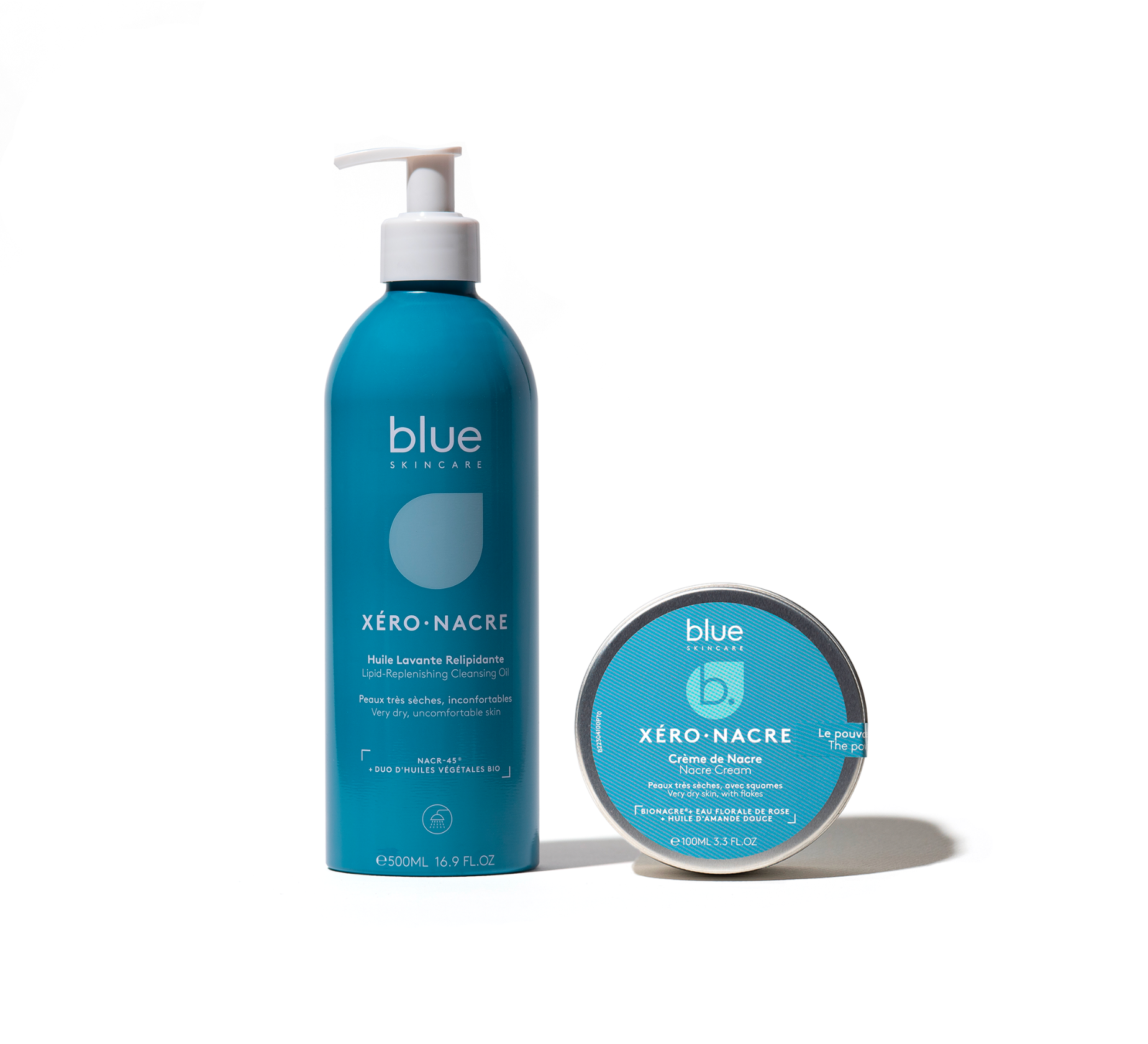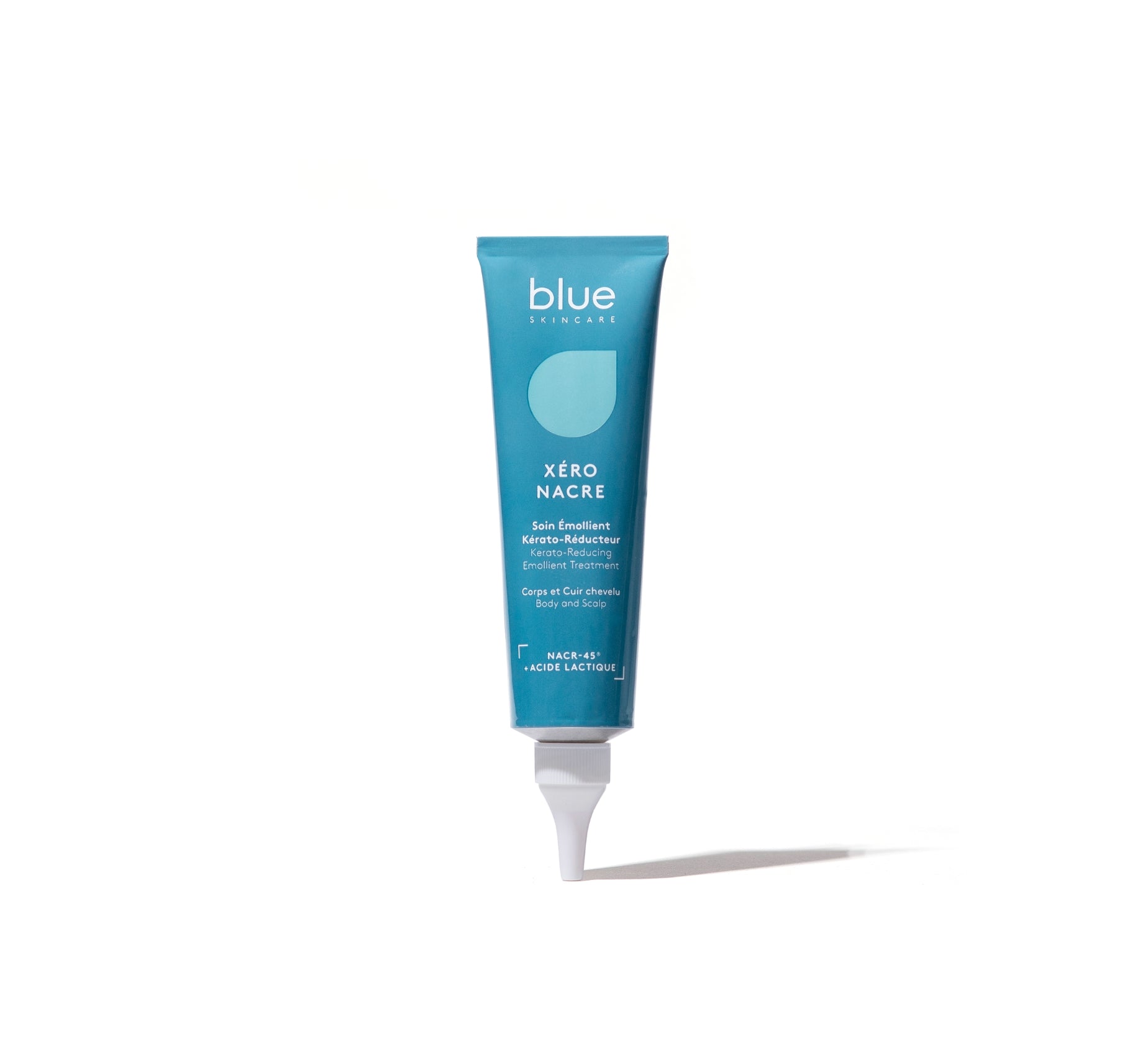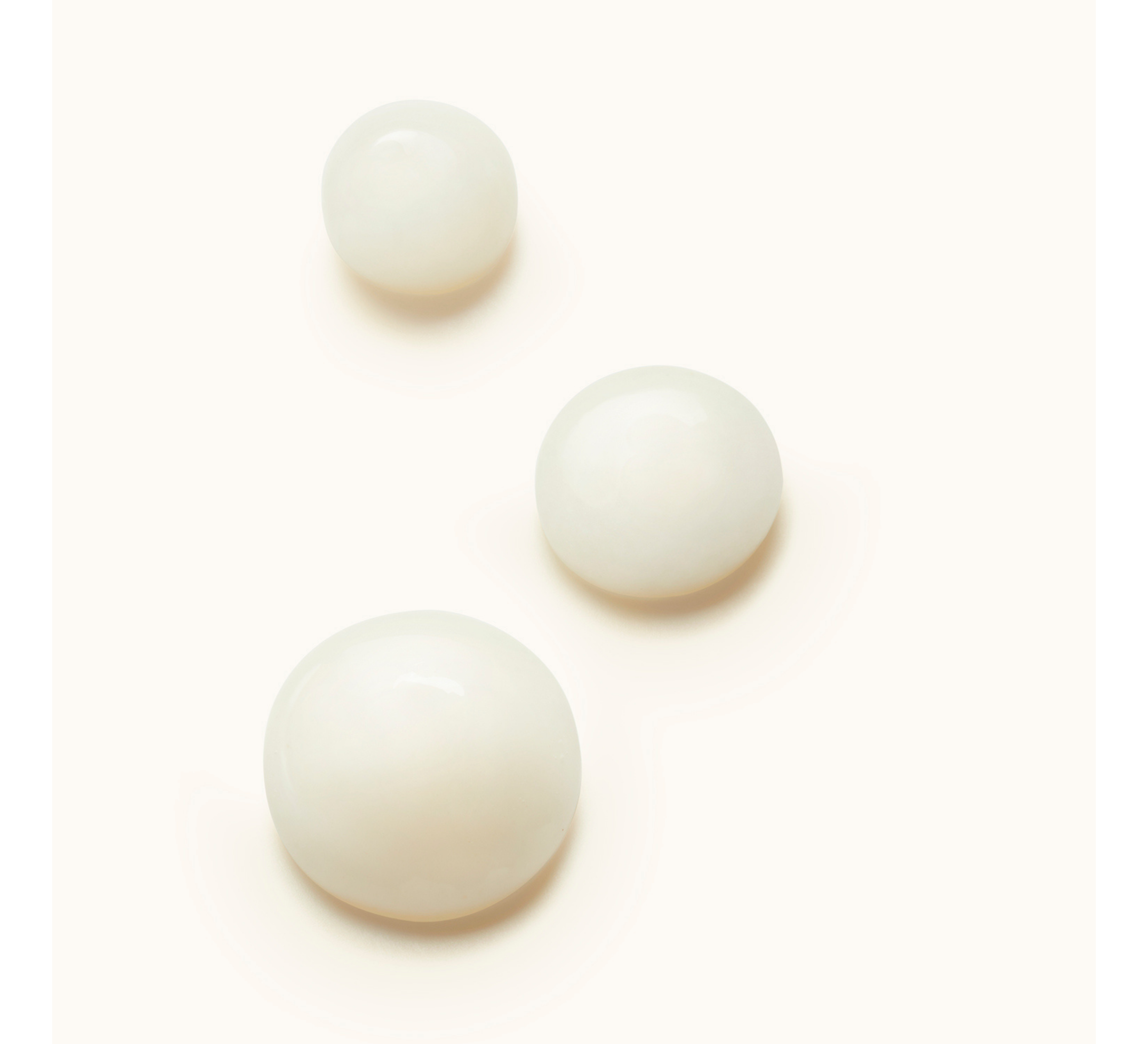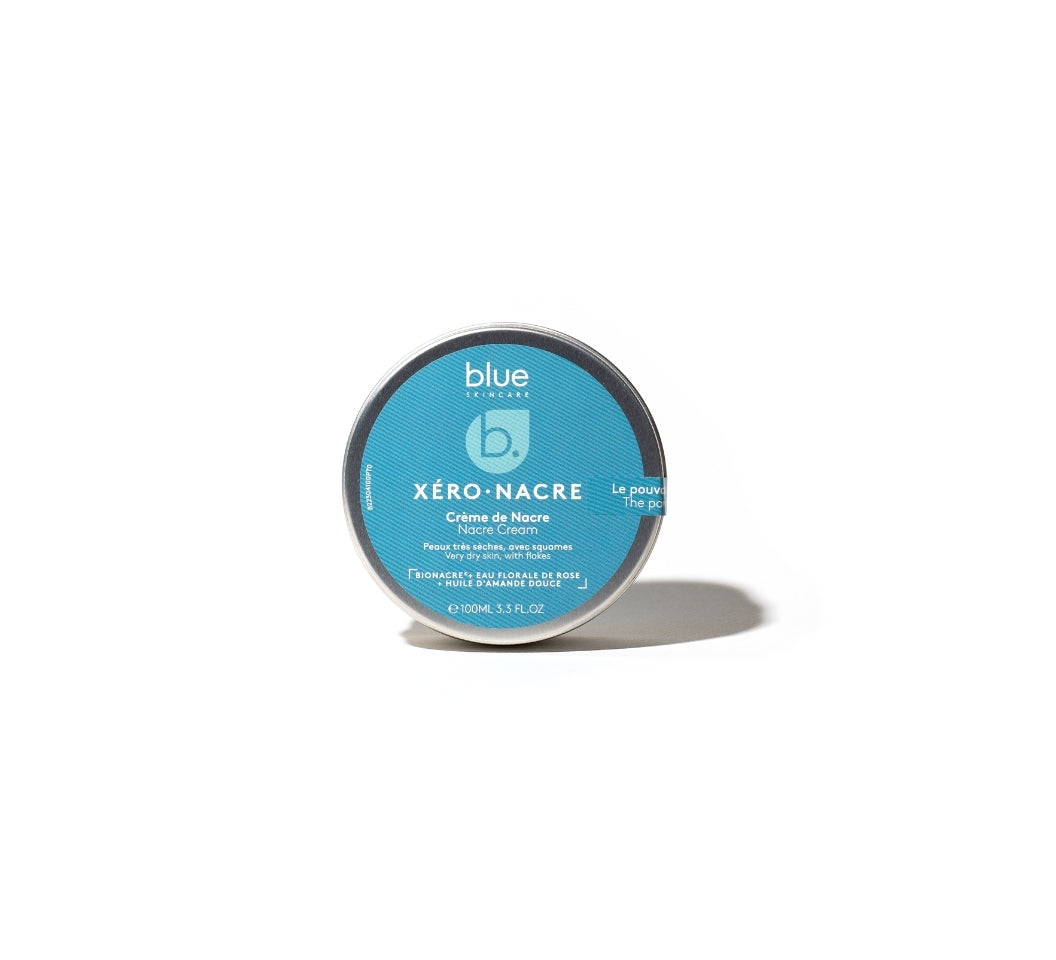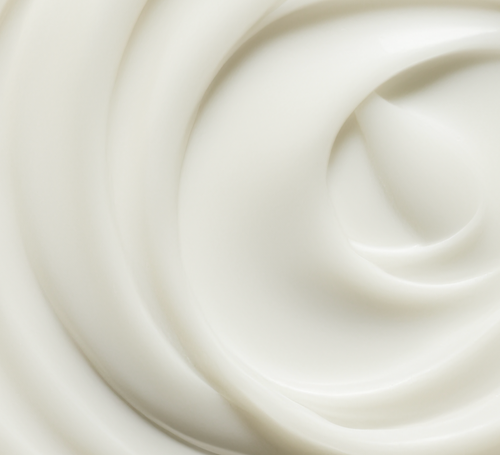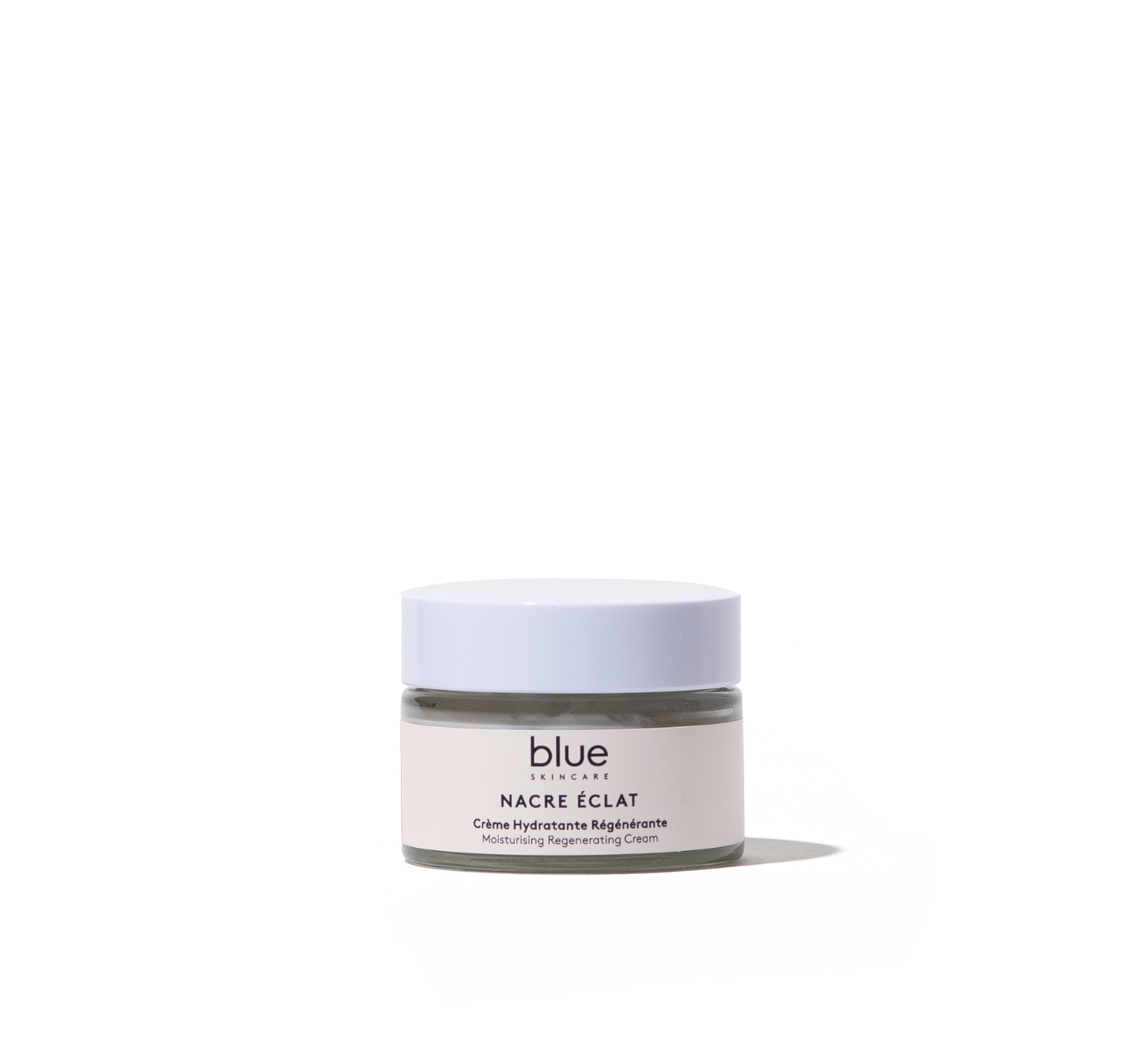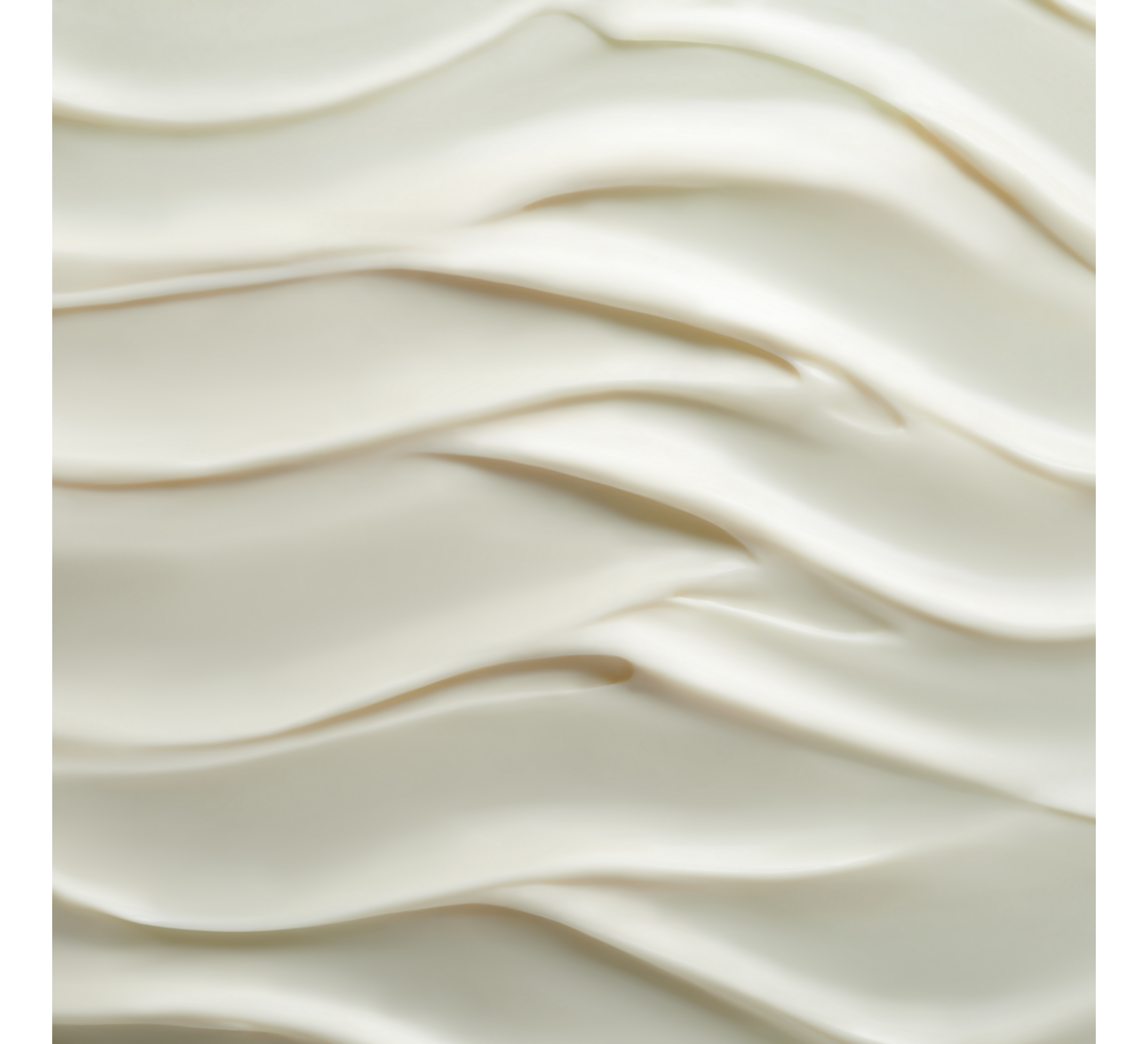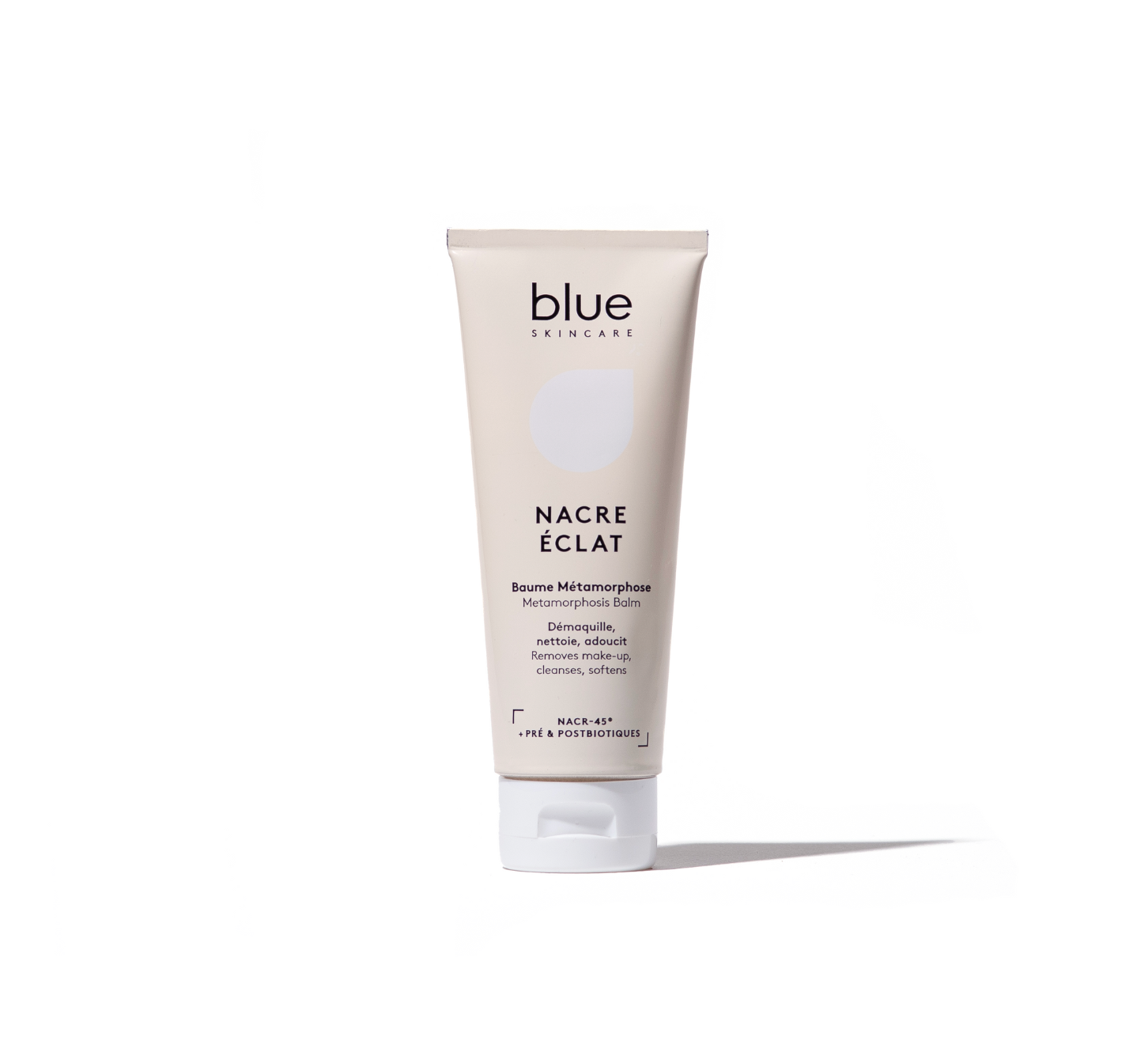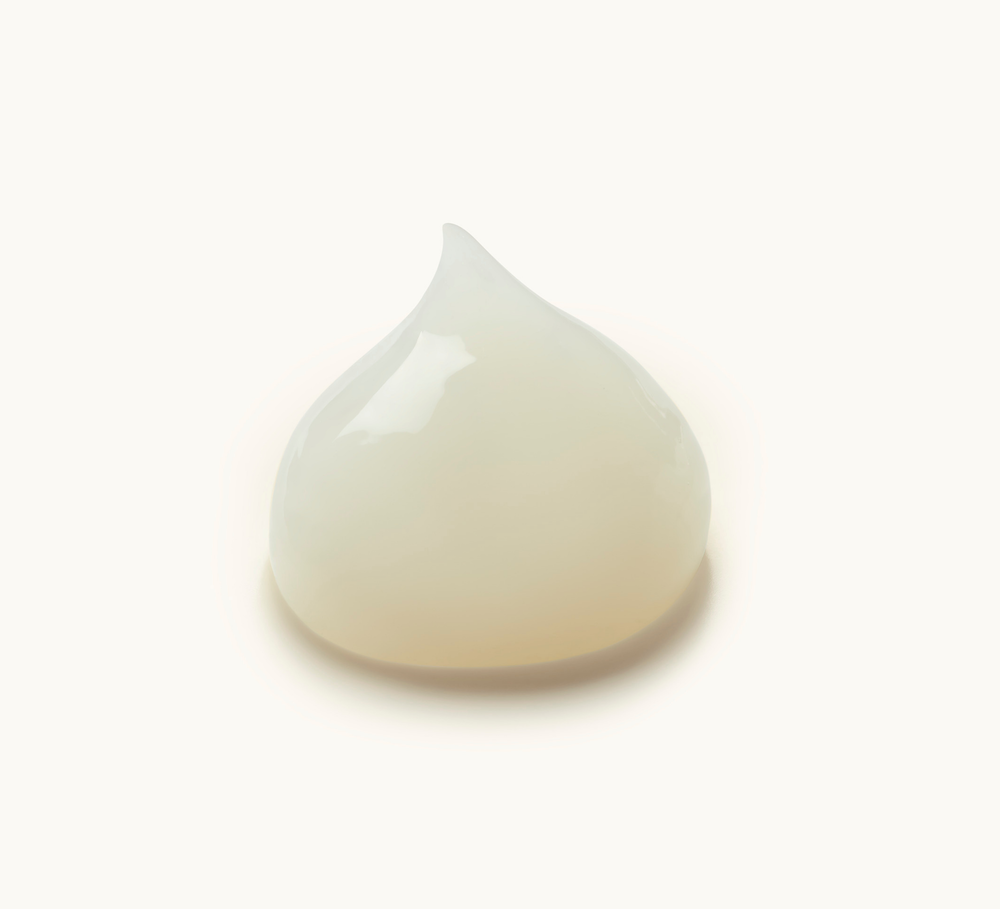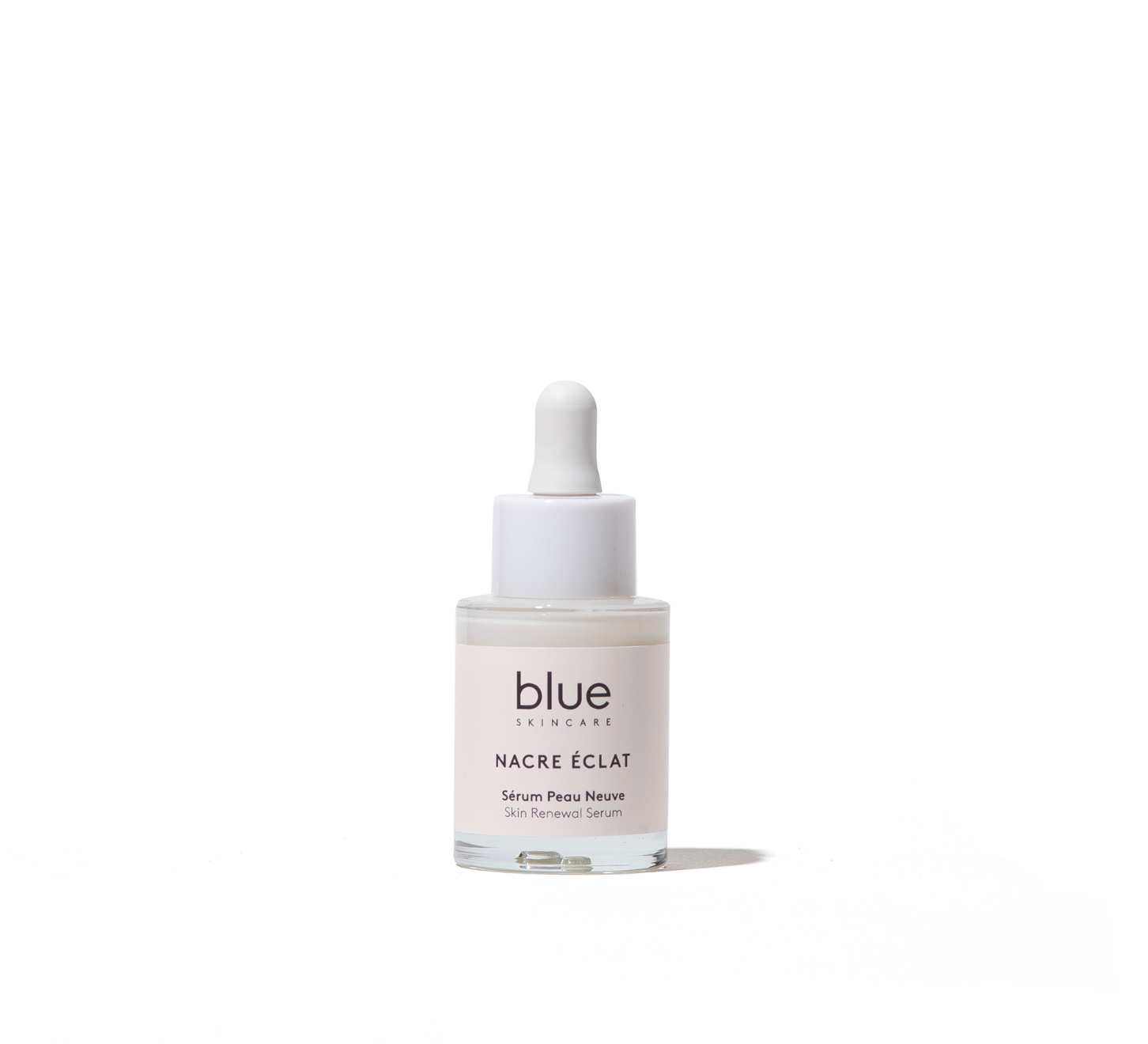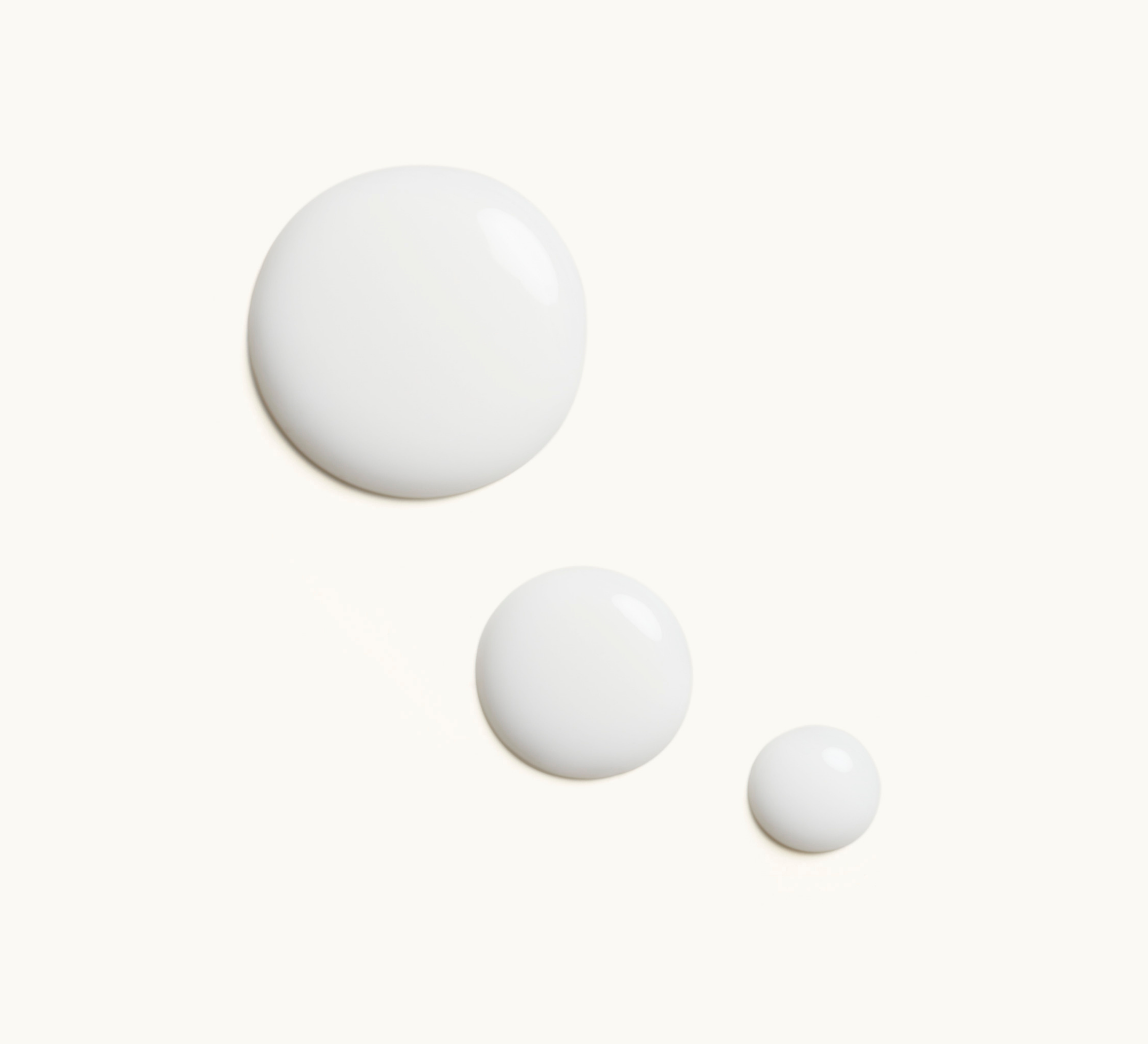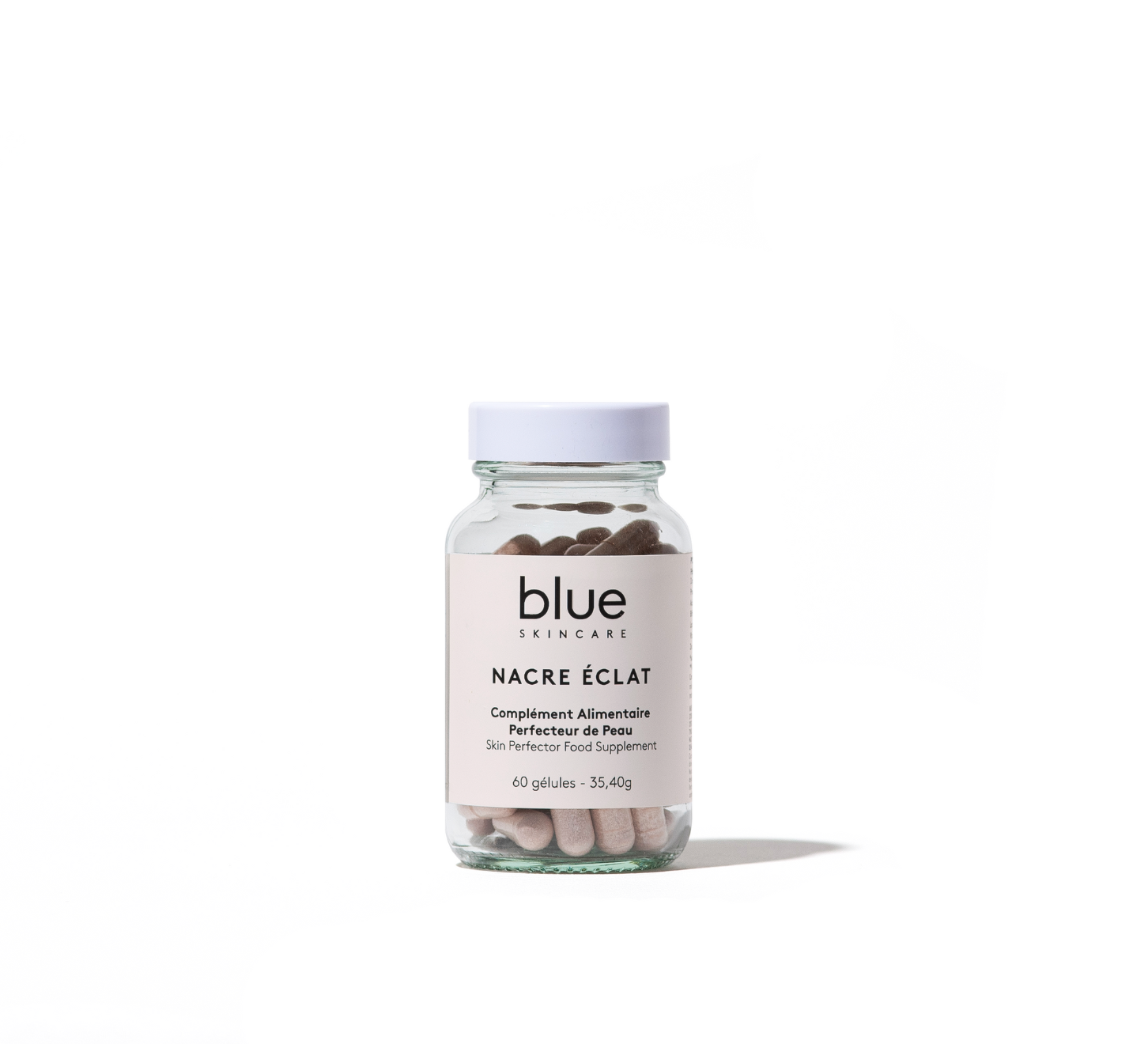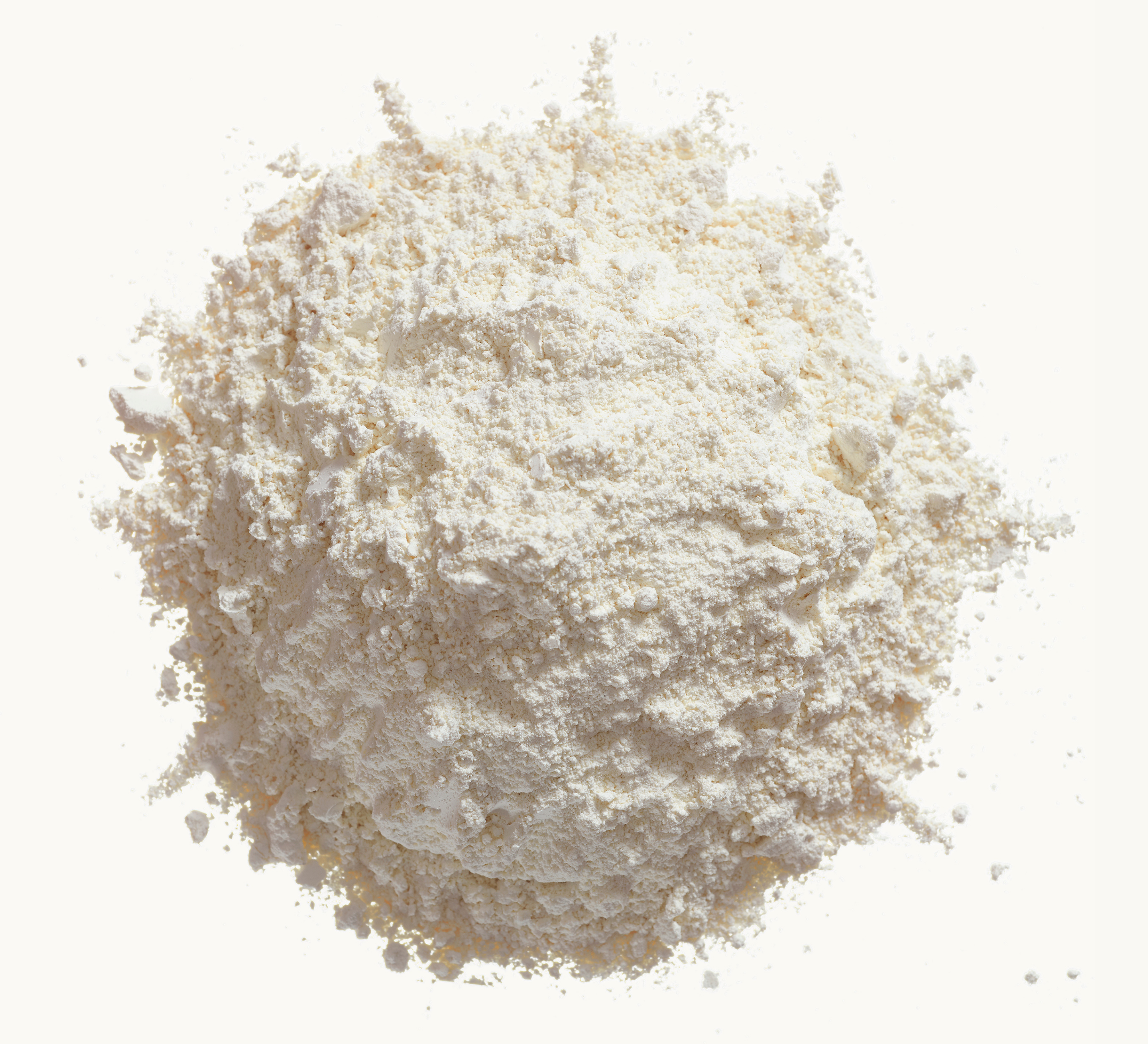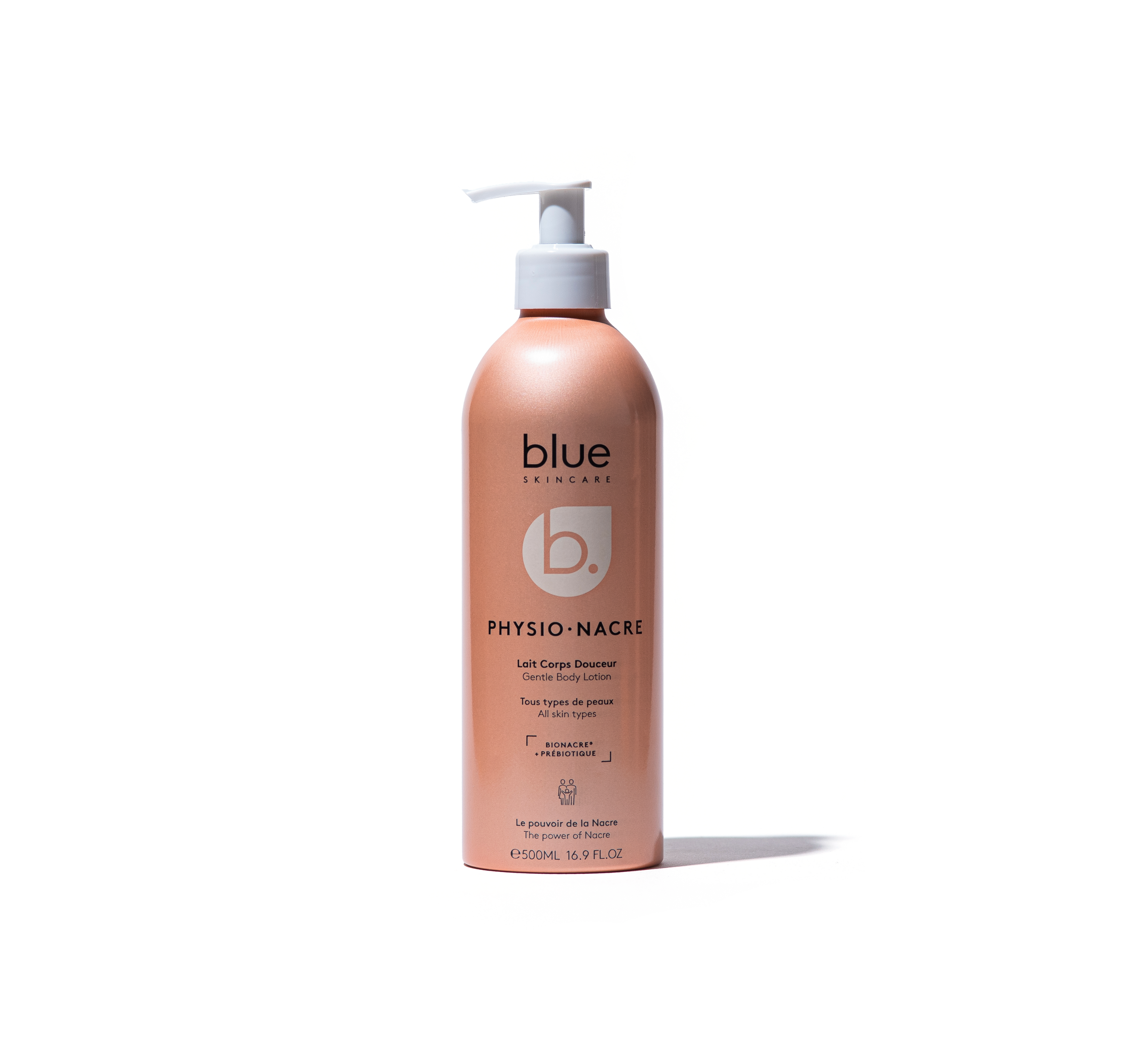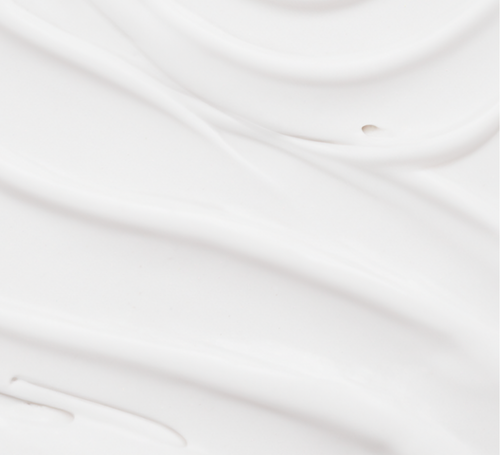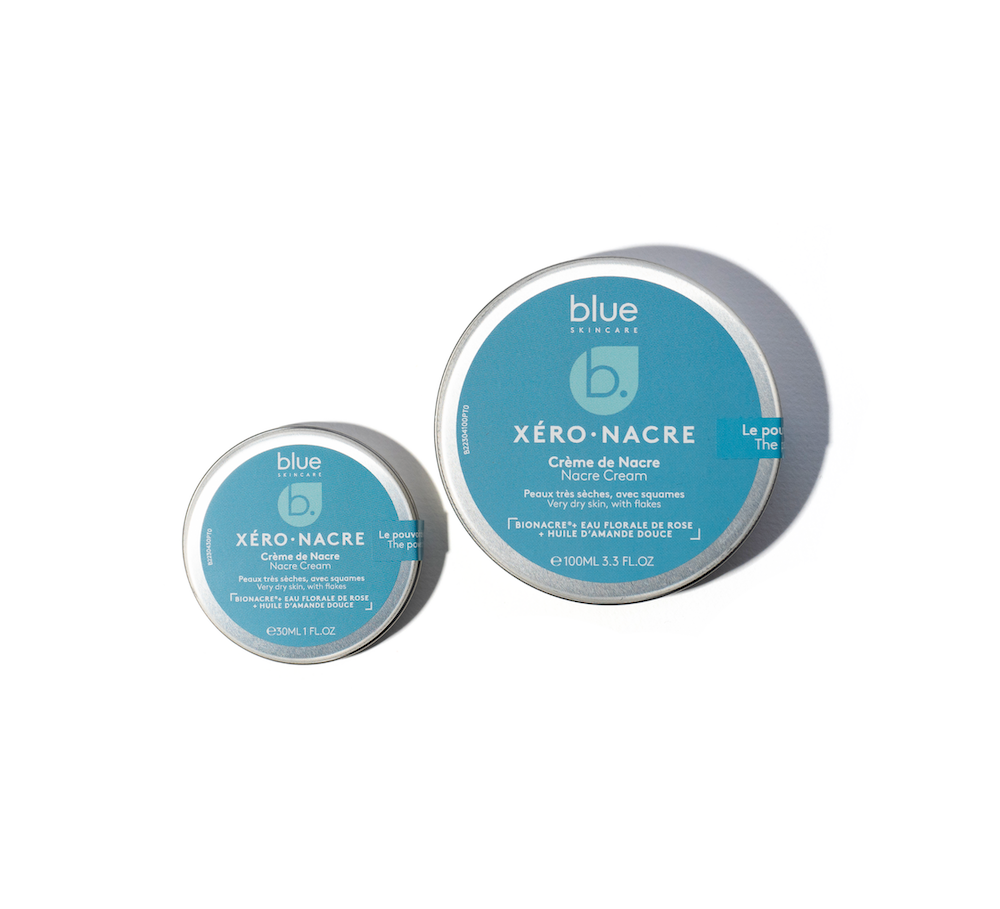To have a fashionable and eco-responsible summer, we review our wardrobe by adopting less polluting, innovative or recycled materials. Take your pick!
Flax

This is THE summer material that is everywhere. And for good reason. We have always known that this material has all the assets for summer: thermoregulating, absorbent, resistant and so chic! It covers everything while letting it breathe, protects from the sun without making you hot, and is pleasant to wear whether it is in a shirt, pants, dress or sheet… But its advantages do not stop there. First, this natural material is highly eco-responsible. Its cultivation requires little, if any, irrigation – rainwater is enough – and fertilizer, and consumes little CO2. Finally, France is the world's leading producer of flax! The plains of Normandy are particularly favorable to it (it is the leading growing region). The downside: if this fiber is everywhere this summer 2022, the drought of this winter has weighed on hopes for the coming year.
Hemp
It is one of the most ecological materials available, but while hemp is increasingly popular in the textile world, its cultivation is still somewhat hampered by regulations because hemp is the plant that also produces cannabis. However, its cultivation and processing have very little ecological impact because hemp requires neither irrigation nor fertilizer, and 5 to 10 times fewer pesticides than cotton. It also participates in soil regeneration. Finally, its transformation into fiber is a mechanical process, without water or solvent, and without waste. Ultra-resistant, it gives clothes a little more rustic than linen.
Cotton, but organic

Cotton is one of the most polluting and water-consuming materials. It covers approximately 2.5% of the world's cultivated areas. and because of its natural character, benefits from an eco-responsible reputation . Moreover, It represents a quarter of the raw materials used in the composition of textiles. And yet…64% of the cotton grown in the world is genetically modified . In addition, cotton is the third largest consumer of irrigation water on the planet after rice and wheat (between 5,000 and 17,000 liters of water to produce 1 kg of cotton). It also requires a lot of pesticides: its consumption represents 25% of the insecticides, 10% of the herbicides used and 4% of nitrogen and phosphorus fertilizers used in the world according to the World Health Organization . Polluting soils and waterways, cotton poses a health risk to workers. Cotton cultivation is therefore one of the most polluting in the world, as are the treatments for its transformation (washing, dyeing, etc.) requiring the use of chemicals sometimes toxic (heavy metals, solvents, etc.).
So, if we can't do without cotton, we choose jeans, a t-shirt or a dress at least in oeko-tex or organic cotton labeled GOTS (Global Organic Textile Standards), guaranteeing cotton without GMOs, pesticides or chemical fertilizers and not bleached with chlorine. Its production consumes 91% less water compared to conventional cotton throughout the manufacturing chain. GOTS-certified organic cotton is also less dangerous and toxic for consumers. But its prices have soared in the past year, by almost 90%.
Pima cotton
This is the Rolls Royce of cottons. Also called “the silk of the Andes”, this cotton endemic to northern Peru is grown with little or no pesticides or fertilizers. As a result, this variety is very rare and represents only 3% of the world's cotton production. Its fibers are silky and very resistant. This is why Pima cotton clothing is fine, breathable, resistant and extremely comfortable to wear.
Tencel or lyocell
Lyocell, or Tencel – which is a registered trademark of the Austrian group Lenzing – is a fiber of natural origin similar to silk or viscose in feel, but much less polluting. Soft, fluid and pleasant on the skin – it is used to make dresses, nighties, T-shirts – this material is produced from eucalyptus, beech or birch from sustainably managed forests, with non-toxic solvents and 97% recyclable.
Ecovero and Refibra are two other eco-responsible materials similar to Tencel, developed and marketed by the same group, a specialist in this type of innovative material.
Grape Leather

This vegan leather is made from grape marc, which is all the solid and dry materials (skin, stems, seeds) remaining after pressing or crushing the grapes. Once dried and then ground into powder, vegetable oil and water-based polyurethane are added, which produces a paste that is dyed and then dried again. It was created and patented by the Milanese company Vegea. This summer, it is being used to make vegan espadrilles.
Tennis Balls
We knew about soles made from recycled PET, marine plastics from the oceans, tires or recycled latex... This year, the eco-responsible brand Faguo launched a sneaker with a sole made from tennis balls for Rolland Garros! These do not come from the Parisian courts, but from the clubs in Porto, close to the brand's workshops. Instead of being thrown away once they are unusable, the tennis balls are recycled. A single tennis ball can be used to create 3 pairs of soles that also contain recycled rubber.
Bioplastics or recycled PET
What could be better in summer than wearing clothes and objects made from marine waste, plastic from bottles fished out of the sea and fishing nets transformed into threads. We thus contribute to the circular economy , in a zero waste philosophy.
We find sunglasses , but also clothes, swimsuits, sneakers and duffel bags made from these materials.
Boat sails

Several brands – based in major French ports (La Ciotat, Lorient, La Rochelle) – offer very chic bags, kits and accessories made from cut and recycled sails. The sails are generally collected from individuals and then processed and the bags are made in partnership with work assistance structures.
